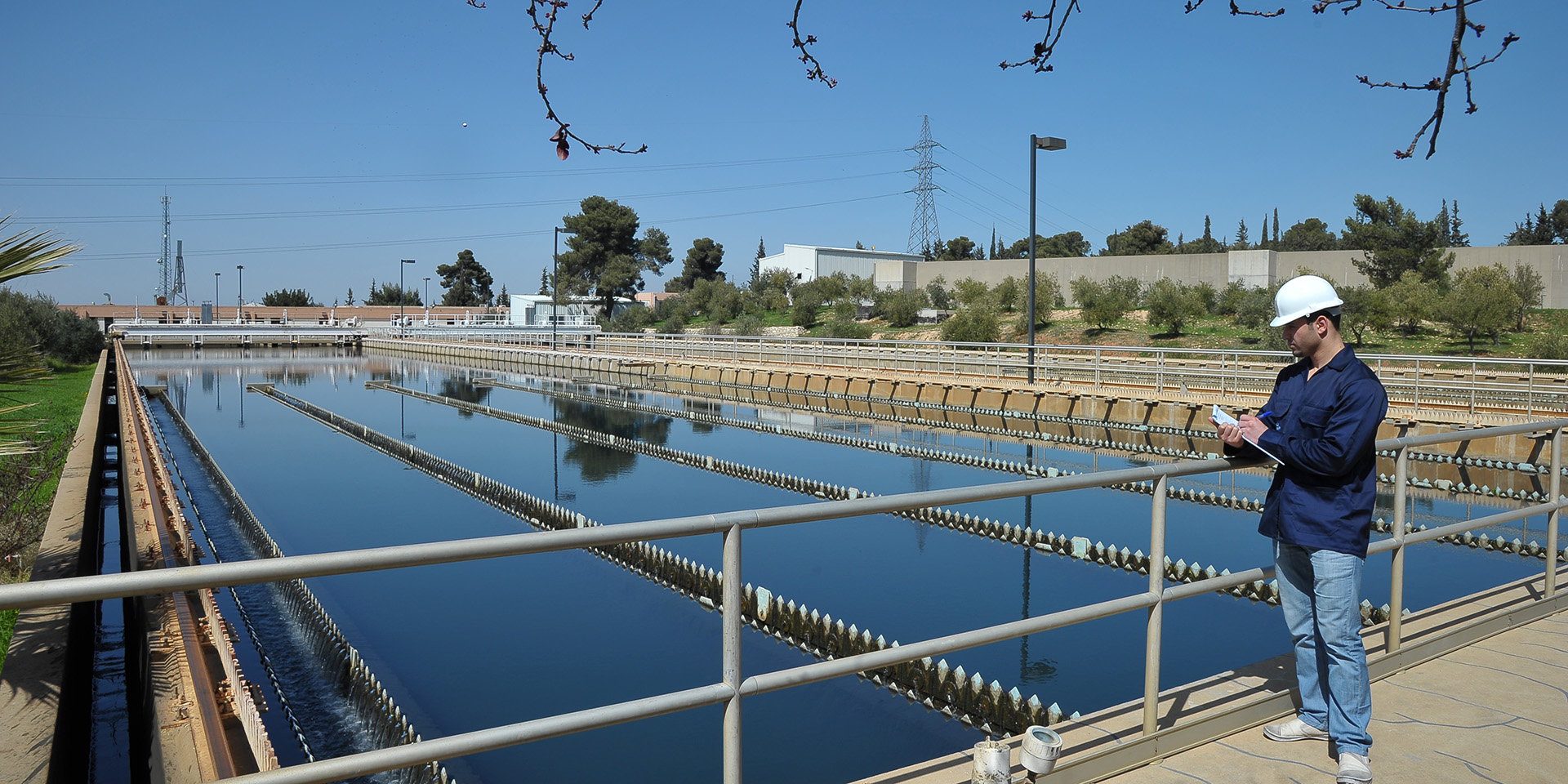
The recent cyberattacks on U.S. water utilities have raised concerns about the overall vulnerability of critical infrastructure. These attacks, linked to Iran and China, exploited basic security lapses, including the use of default passwords. The affected entities included water and energy utilities in multiple states, though no critical systems were compromised, and no disruptions occurred.
The attacks revealed a broader issue of inadequate security measures in the technology supporting physical infrastructure. Many devices, developed before the internet era, lack sufficient security controls despite later digital retrofitting. Some compromised devices were connected to the open internet with a default password of “1111,” emphasizing the importance of addressing basic security practices.
While air-gapping (isolating from the internet) sensitive systems is a common practice, it’s not foolproof. An air-gapped water facility, for instance, was infected when an employee introduced a USB thumb drive with malware. The incidents highlight the need for a comprehensive approach that combines offline measures with regular security updates.
The U.S. government urges critical infrastructure providers to enhance cybersecurity defenses. The recent attacks underscore the importance of manufacturers integrating security into tech products and companies prioritizing basic cybersecurity practices to safeguard against potential threats.



